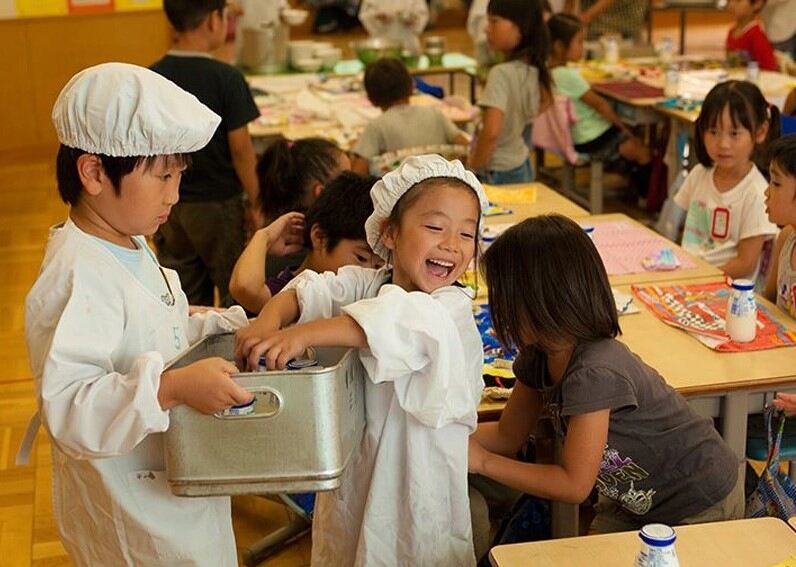
Unique Ways of Educating Children in Japan
Casal dels Infants – In Japan, educating children plays a crucial role in shaping both their future and the future of the nation. The approach to education, especially during early childhood, emphasizes discipline, responsibility, and independence. These values contribute to the strong work ethic and etiquette for which Japan is known. Here are some unique aspects of child education in Japan that can be inspiring.
On the first day of school, parents in Japan are asked to prepare multiple bags of different sizes for their child to take to school. These include a school bag, a lunch bag, a clothing bag, and a shoe bag. This process helps children learn the importance of organization and responsibility. After graduating from kindergarten, children become adept at managing these items themselves, which may explain why the Japanese are so efficient in sorting and managing waste.
“Continue Reading: How to Protect Yourself from Air Pollution”
In Japan, it is common for children to carry their own bags when they go to school, even in bad weather. Parents, whether fathers, mothers, or grandparents, never assist children in carrying their bags. This practice teaches children to take responsibility for their belongings and become independent. It’s not that the parents don’t care, but rather that they want to foster a sense of responsibility in their children.
Children in Japan, typically at the age of 3 or 4, are taught to dress themselves. Parents set an example by showing them the correct way to wear clothes, but they allow the children to practice on their own. This process includes changing clothes, packing them in a bag, labeling them with name tags, and hanging them properly. This early training helps children develop organizational skills and independence, setting a foundation for a well-ordered life in adulthood.
In Japan, teachers organize children’s activities, including sports competitions in kindergarten, to be team-based rather than individual competitions. This encourages children to cooperate and work together toward a common goal, fostering teamwork and social skills. It’s also an opportunity for children to build a sense of community and camaraderie with their peers.
From an early age, Japanese children learn to appreciate food. Teachers teach them proper eating manners and encourage them to express gratitude for the food they have. Before meals, they say “Itadakimasu” (let’s eat), and after meals, they say “Gochisousama deshita” (thank you for the meal). This practice encourages children to understand the importance of food and not to waste it.
Educating children in Japan focuses on instilling responsibility, discipline, independence, and respect for others from a young age. These values are crucial in shaping children into well-rounded, responsible individuals. By observing and learning from Japan’s unique approach to education, we can cultivate similar traits in children and help them grow into individuals who contribute positively to society.
“Read More: A Mother Pawning Her Jewelry for Her Child’s Future”
